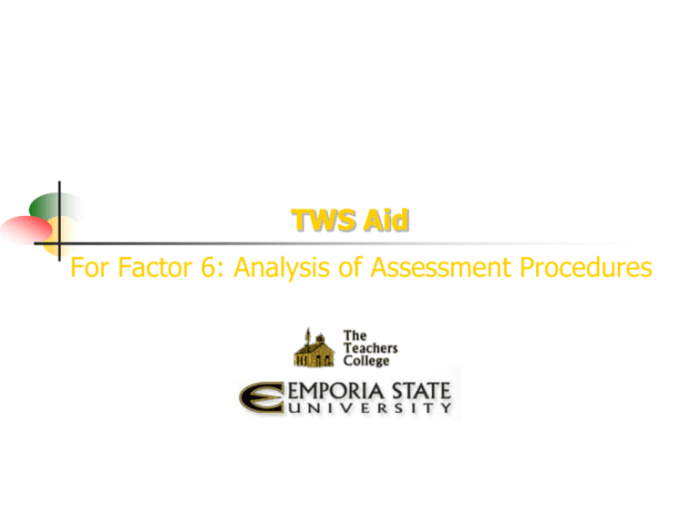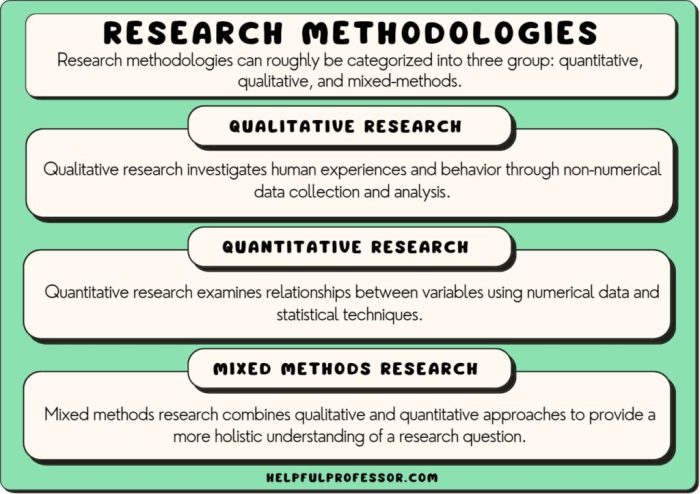Iwata’s Functional Analysis Methodology utilizes parent interviews as a crucial data collection method to gain insights into the environmental variables influencing a child’s behavior. This methodology provides a comprehensive framework for identifying antecedents and consequences, enabling the development of tailored intervention plans that effectively address the child’s needs.
Iwata’s methodology emphasizes the importance of parent interviews in gathering information about the child’s daily routine, family dynamics, and behavioral patterns. Parents possess unique knowledge and observations that can contribute significantly to the functional analysis process, complementing other data collection methods such as direct observation.
Iwata’s Functional Analysis Methodology Overview

Iwata’s Functional Analysis Methodology is a systematic approach to understanding and modifying problem behavior in children. It is based on the principle that behavior is influenced by environmental factors, and that by identifying these factors, it is possible to develop effective interventions to change behavior.
The methodology was developed by Dr. Susan Iwata, a psychologist at the University of California, Los Angeles. It has been used successfully to treat a wide range of problem behaviors, including tantrums, aggression, and self-injury.
Key Principles and Assumptions
- Behavior is influenced by environmental factors.
- It is possible to identify the environmental factors that influence behavior.
- By changing the environmental factors, it is possible to change behavior.
Parent Interviews as a Data Collection Method

Parent interviews are a key component of Iwata’s Functional Analysis Methodology. Parents can provide valuable information about their child’s behavior, including:
- The antecedents (events that occur before the behavior)
- The behavior itself
- The consequences (events that occur after the behavior)
This information can help the clinician to identify the environmental factors that are maintaining the problem behavior.
Interview Techniques
There are a number of different interview techniques that can be used to collect data from parents. Some common techniques include:
- Structured interviews: These interviews use a predetermined set of questions to gather information about the child’s behavior.
- Semi-structured interviews: These interviews allow the interviewer to ask follow-up questions and probe for more information.
- Unstructured interviews: These interviews allow the parent to talk freely about their child’s behavior.
Functional Analysis Process: Iwata’s Functional Analysis Methodology Utilizes Parent Interviews
The functional analysis process involves the following steps:
- Collect data: This data can be collected through parent interviews, observation, and other methods.
- Identify the environmental factors: This involves identifying the antecedents and consequences that are maintaining the problem behavior.
- Develop an intervention plan: This plan should be based on the identified environmental factors.
- Implement the intervention plan: This involves making changes to the child’s environment to address the identified environmental factors.
- Evaluate the intervention plan: This involves monitoring the child’s behavior to see if the intervention plan is effective.
Role of Parent Interviews, Iwata’s functional analysis methodology utilizes parent interviews
Parent interviews play a key role in the functional analysis process. They can provide valuable information about the child’s behavior, which can help the clinician to identify the environmental factors that are maintaining the problem behavior.
Identifying Environmental Variables
Iwata’s Functional Analysis Methodology helps to identify environmental variables that influence behavior by:
- Collecting data: This data can be collected through parent interviews, observation, and other methods.
- Identifying the antecedents and consequences: This involves identifying the events that occur before and after the problem behavior.
- Analyzing the data: This involves looking for patterns in the data to identify the environmental variables that are maintaining the problem behavior.
Examples of Parent Interview Questions
- What happens before your child engages in the problem behavior?
- What does your child do when they engage in the problem behavior?
- What happens after your child engages in the problem behavior?
Developing Intervention Plans

Parent interviews can play a key role in developing effective intervention plans. Parents can provide valuable information about their child’s needs and preferences, which can help the clinician to develop an intervention plan that is tailored to the individual child.
Examples of Intervention Strategies
- Antecedent strategies: These strategies are designed to change the events that occur before the problem behavior.
- Behavior strategies: These strategies are designed to change the behavior itself.
- Consequence strategies: These strategies are designed to change the events that occur after the problem behavior.
Question Bank
What are the key principles of Iwata’s Functional Analysis Methodology?
Iwata’s methodology is grounded in the principles of behaviorism, emphasizing the role of environmental variables in shaping behavior. It assumes that behaviors are maintained by their consequences and that understanding these relationships is essential for effective intervention.
How do parent interviews contribute to the functional analysis process?
Parent interviews provide valuable information about the child’s history, daily routine, and behavioral patterns. This information helps identify potential antecedents and consequences that may be maintaining the child’s challenging behaviors.
What are some examples of intervention strategies that may be developed based on parent interview findings?
Intervention strategies may include positive reinforcement, extinction, or antecedent manipulation. The specific strategies chosen will depend on the individual child’s needs and the identified environmental variables maintaining the challenging behaviors.